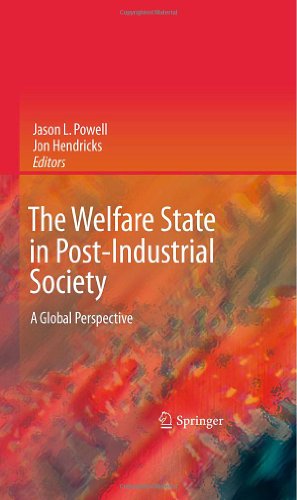

Most ebook files are in PDF format, so you can easily read them using various software such as Foxit Reader or directly on the Google Chrome browser.
Some ebook files are released by publishers in other formats such as .awz, .mobi, .epub, .fb2, etc. You may need to install specific software to read these formats on mobile/PC, such as Calibre.
Please read the tutorial at this link: https://ebookbell.com/faq
We offer FREE conversion to the popular formats you request; however, this may take some time. Therefore, right after payment, please email us, and we will try to provide the service as quickly as possible.
For some exceptional file formats or broken links (if any), please refrain from opening any disputes. Instead, email us first, and we will try to assist within a maximum of 6 hours.
EbookBell Team

4.1
80 reviewsIn recent years, major social forces such as: aging populations, social trends, migration patterns, and the globalization of economies, have reshaped social welfare policies and practices across the globe. Multinational corporations, NGOs, and other international organizations have begun to influence social policy at a national and local level. Among the many ramifications of these changes is that globalizing influences may hinder the ability of individual nation-states to effect policies that are beneficial to them on a local level. With contributions from different countries worldwide, this collected work represents the first major comparative analysis on the effect of globalization on the international welfare state.
The Welfare State in Post-Industrial Society is divided into two major sections: the first draws from a number of leading social welfare researchers from diverse countries who point to the nation-state as case studies; highlighting how it goes about establishing and revising social welfare provisions. The second portion of the volume then moves to a more global perspective in its analysis and questioning of the impact of globalisation on citizenship and marketization.
A unique aspect of the volume is that all authors participated in an iterative process to identify a series of consensus themes that each author was then asked to integrate into their chapters as they were relevant.